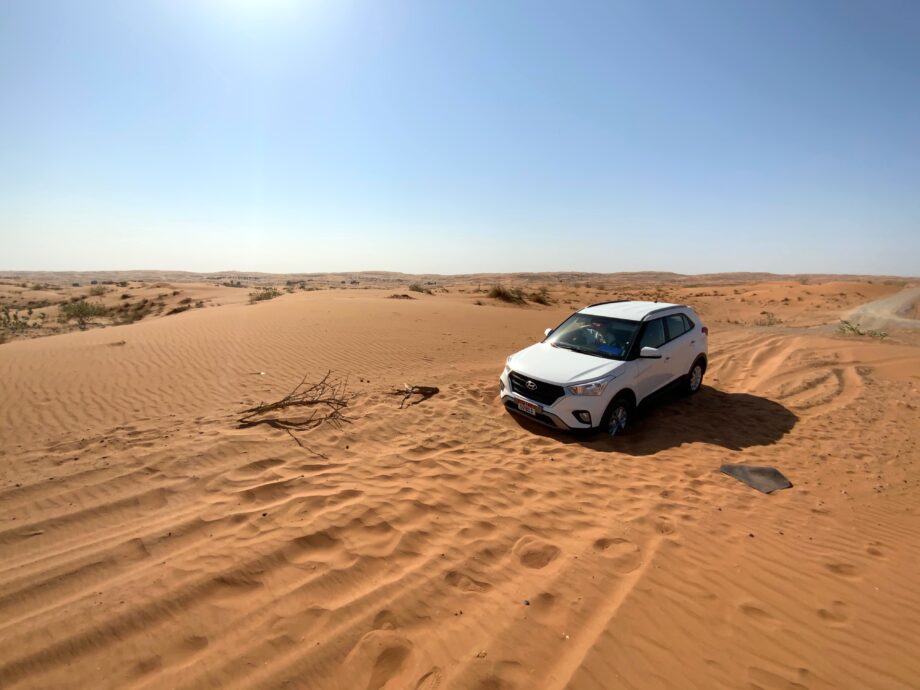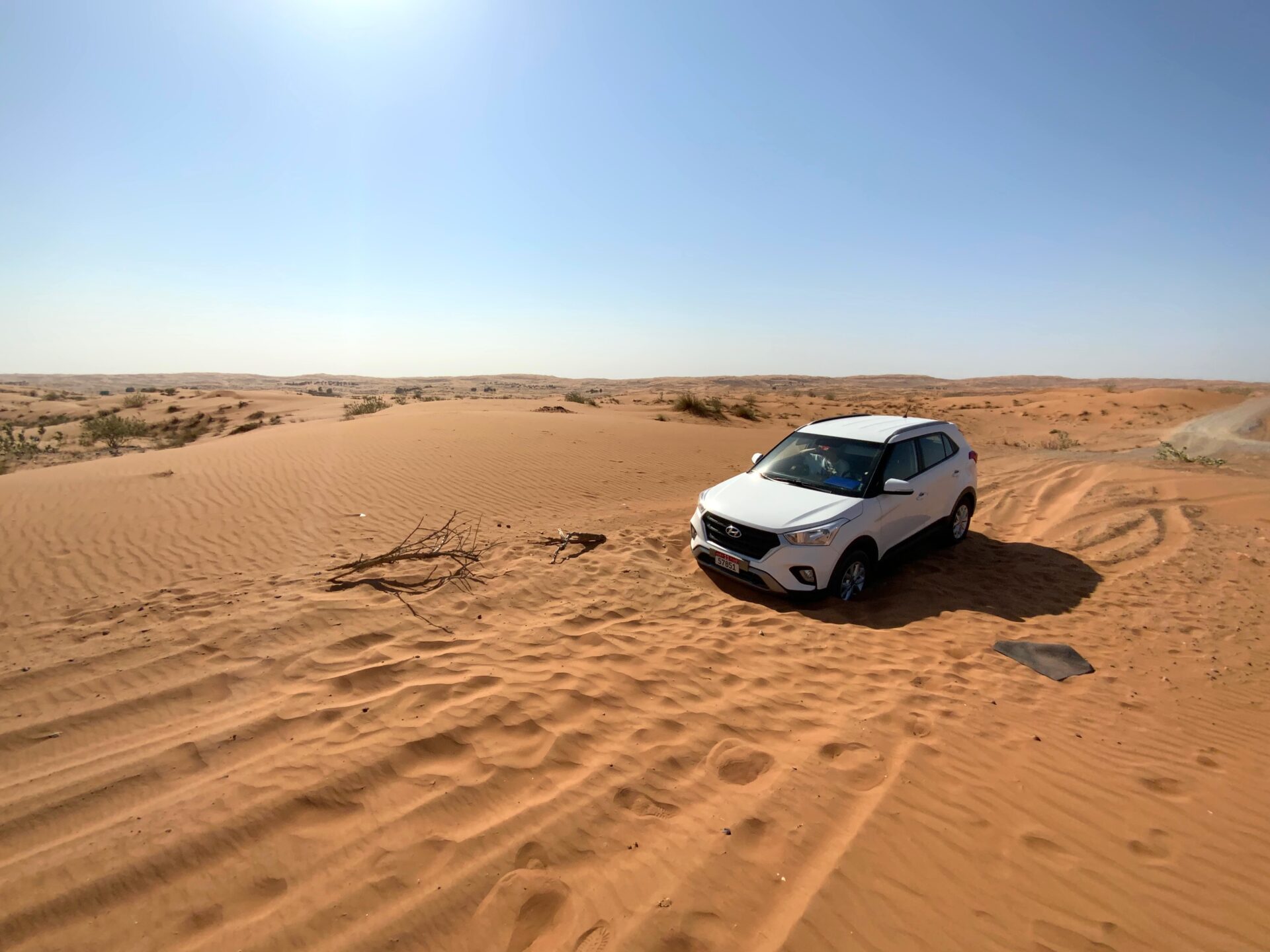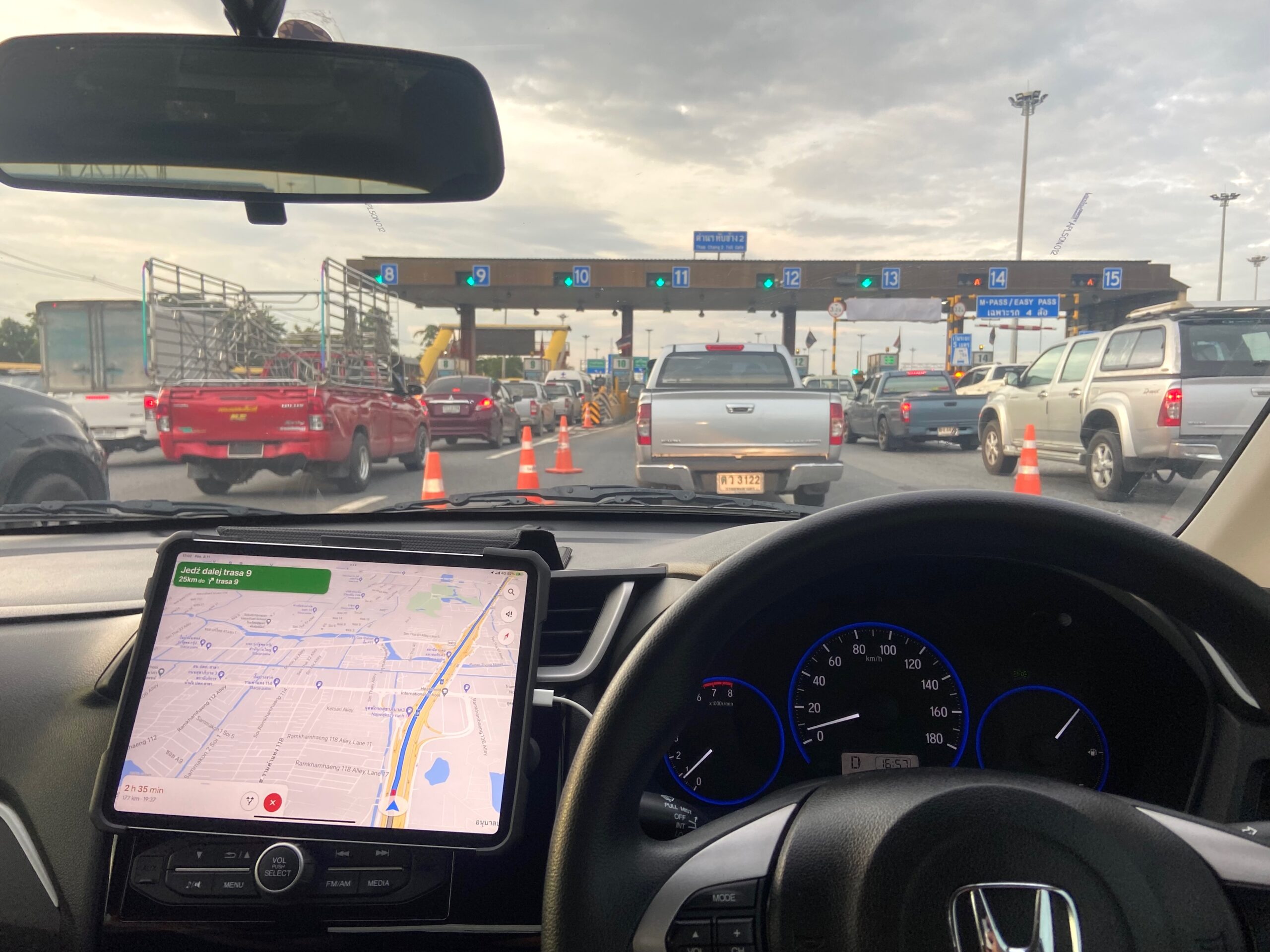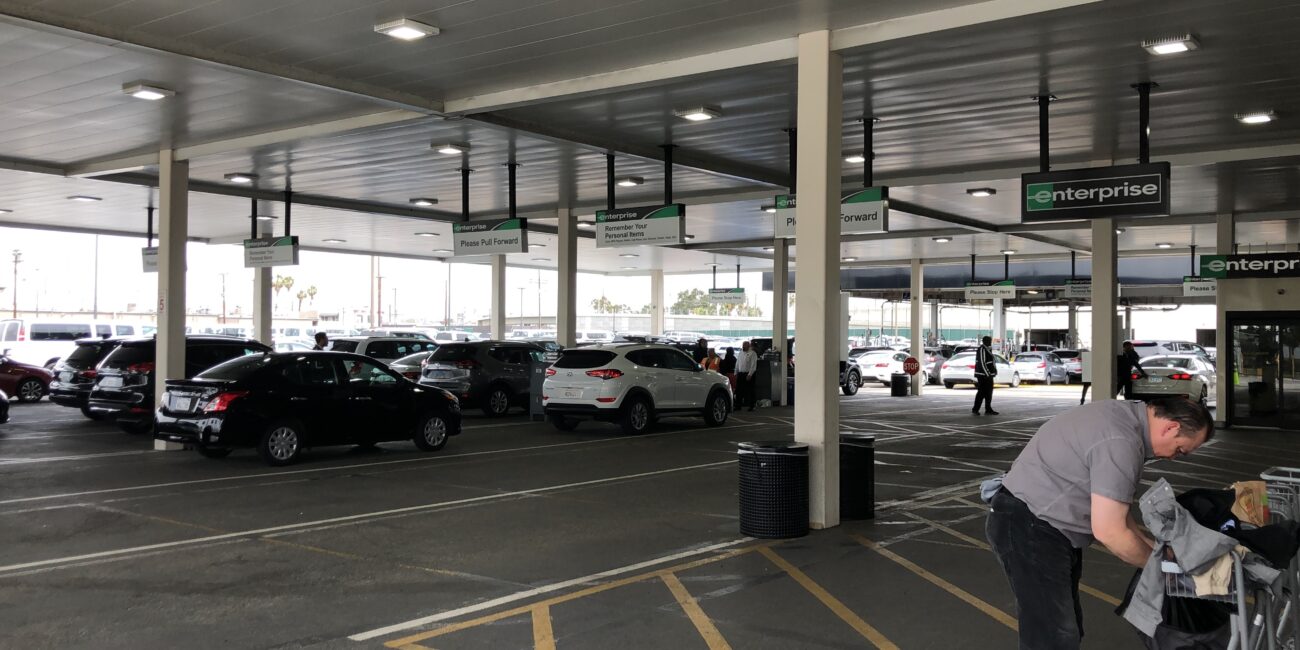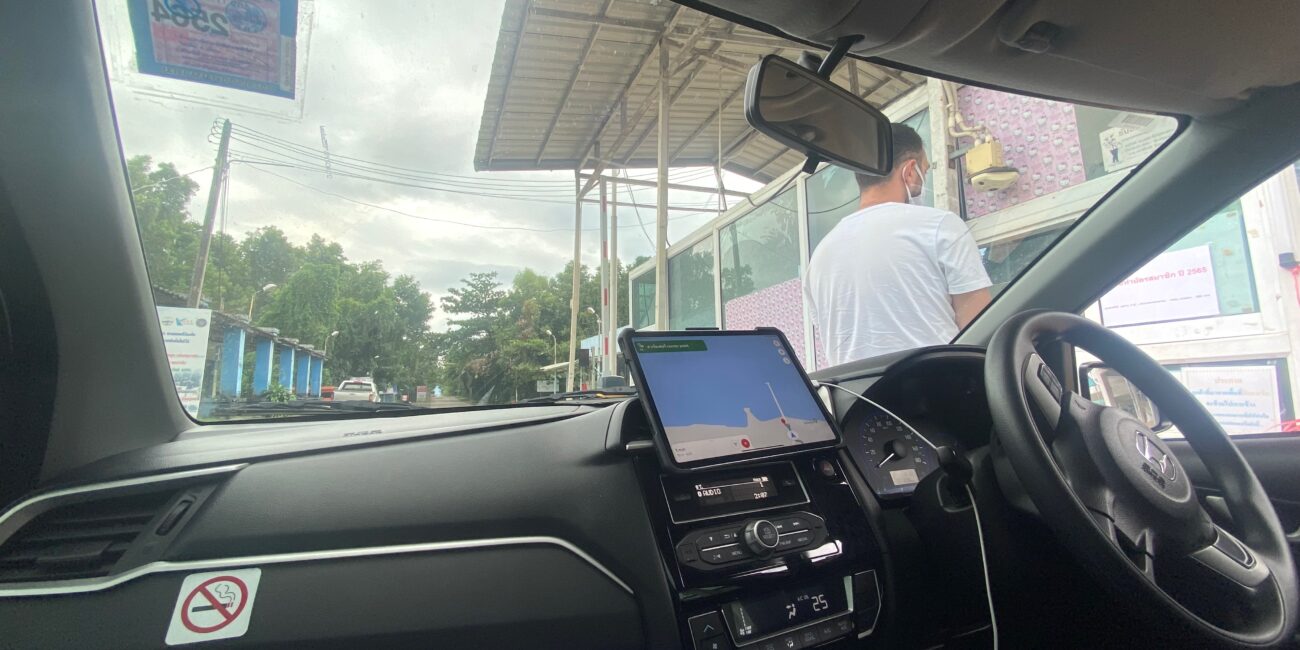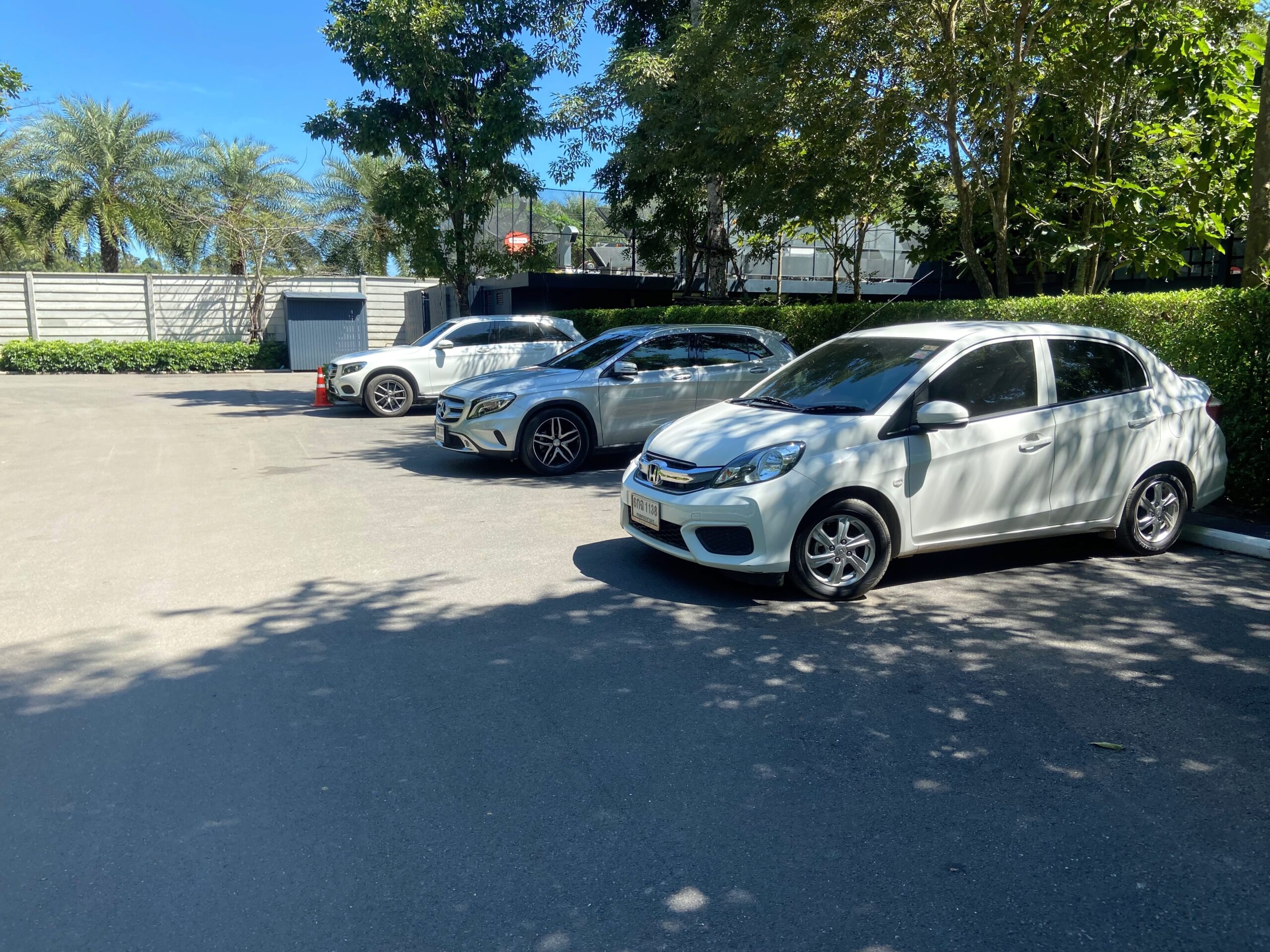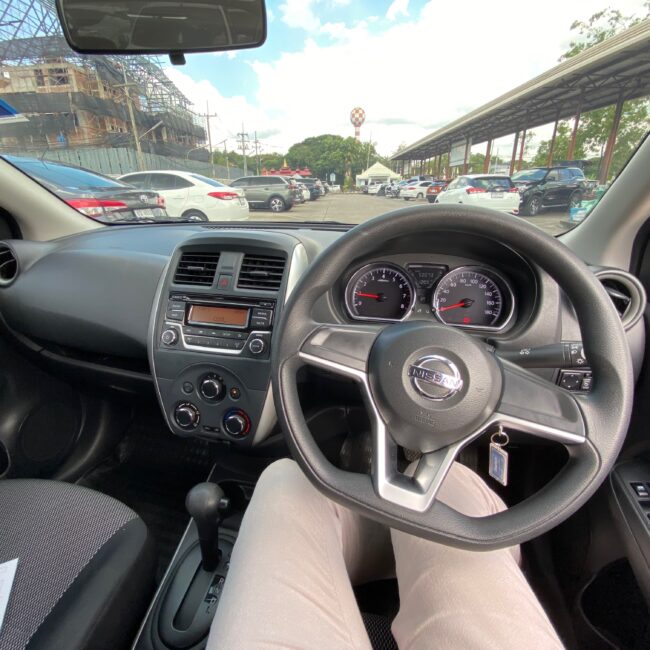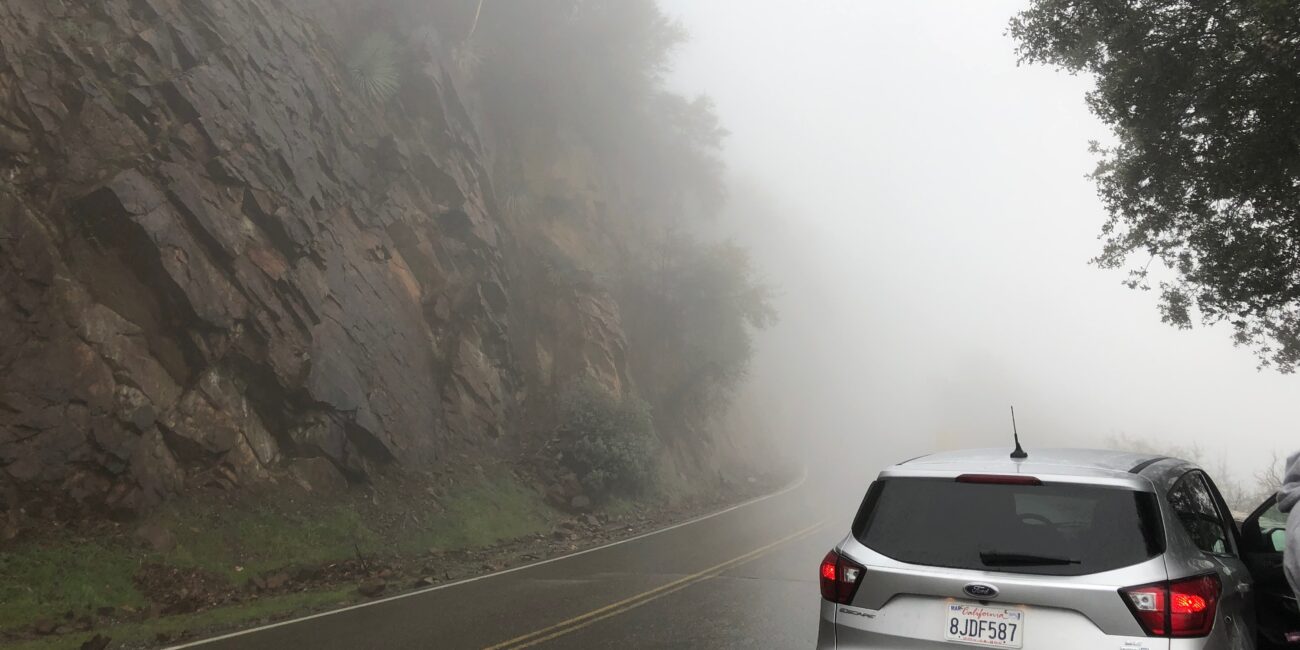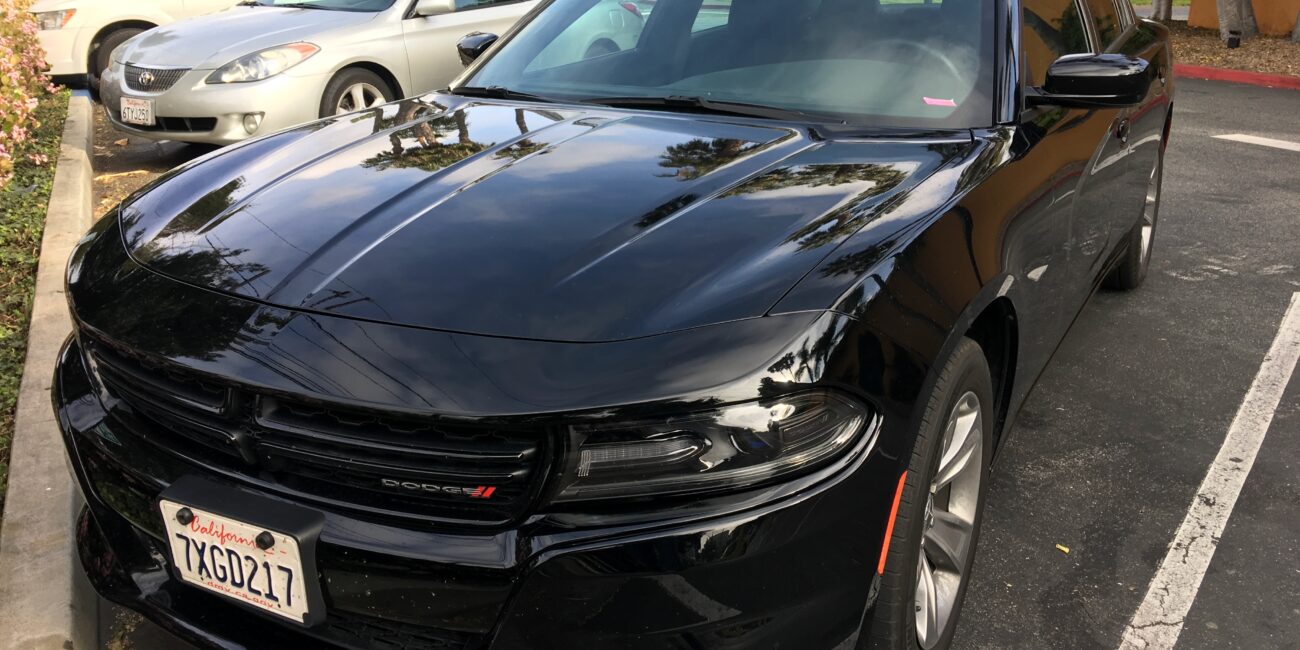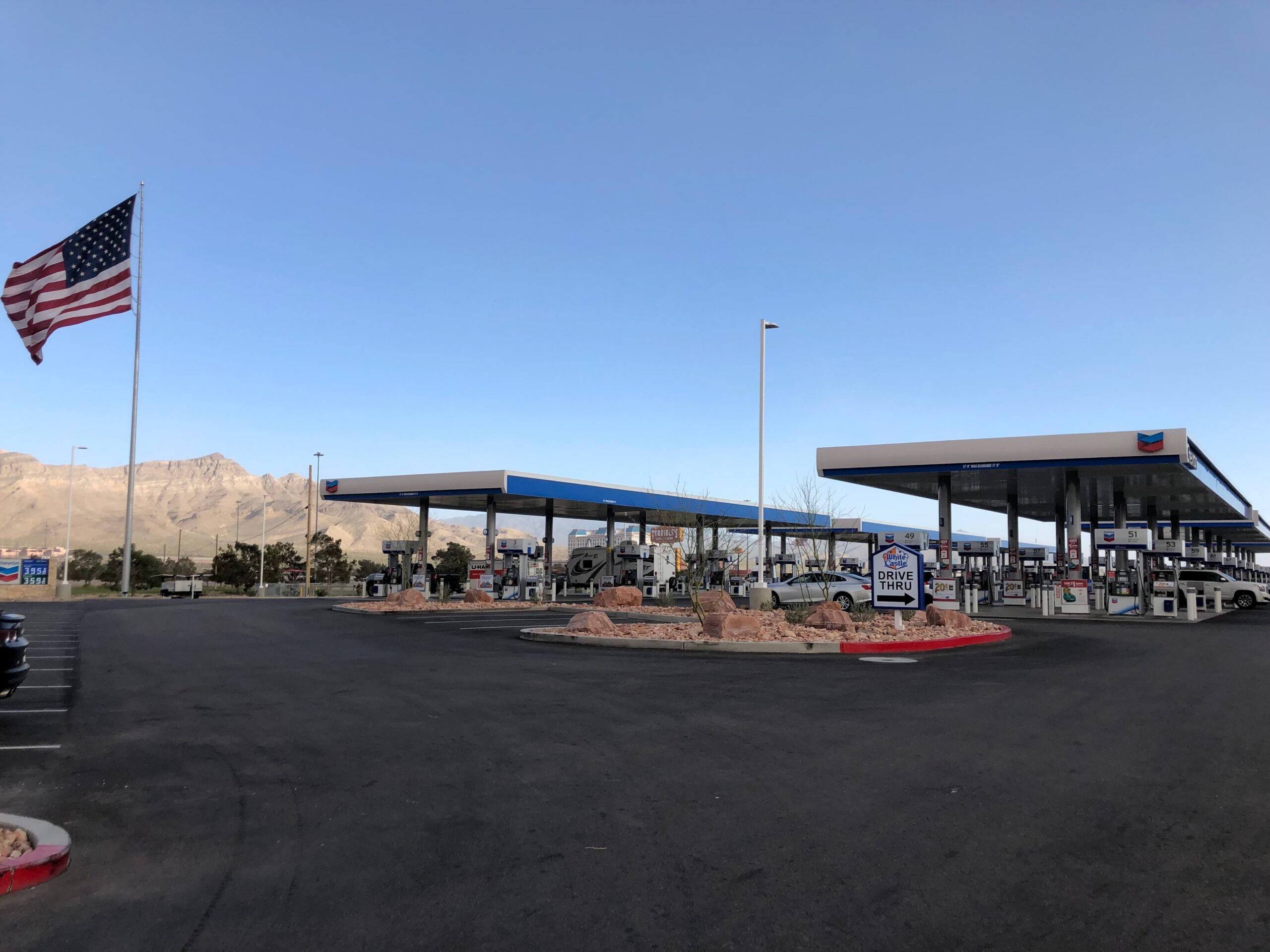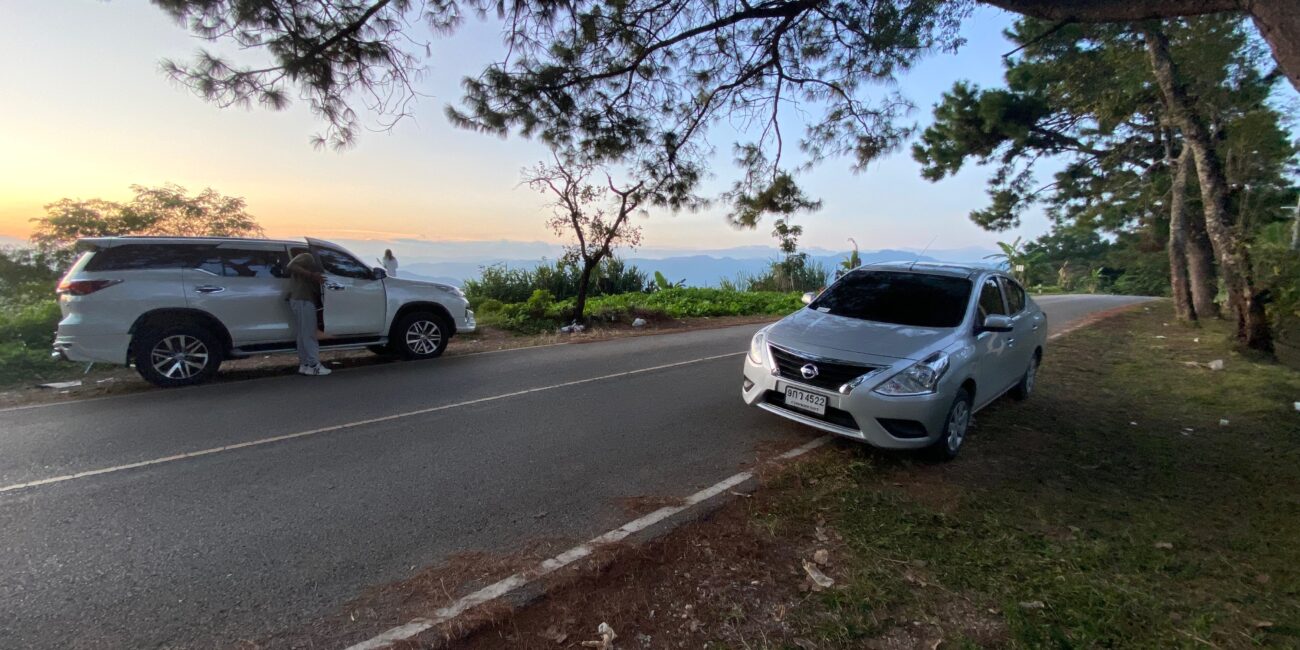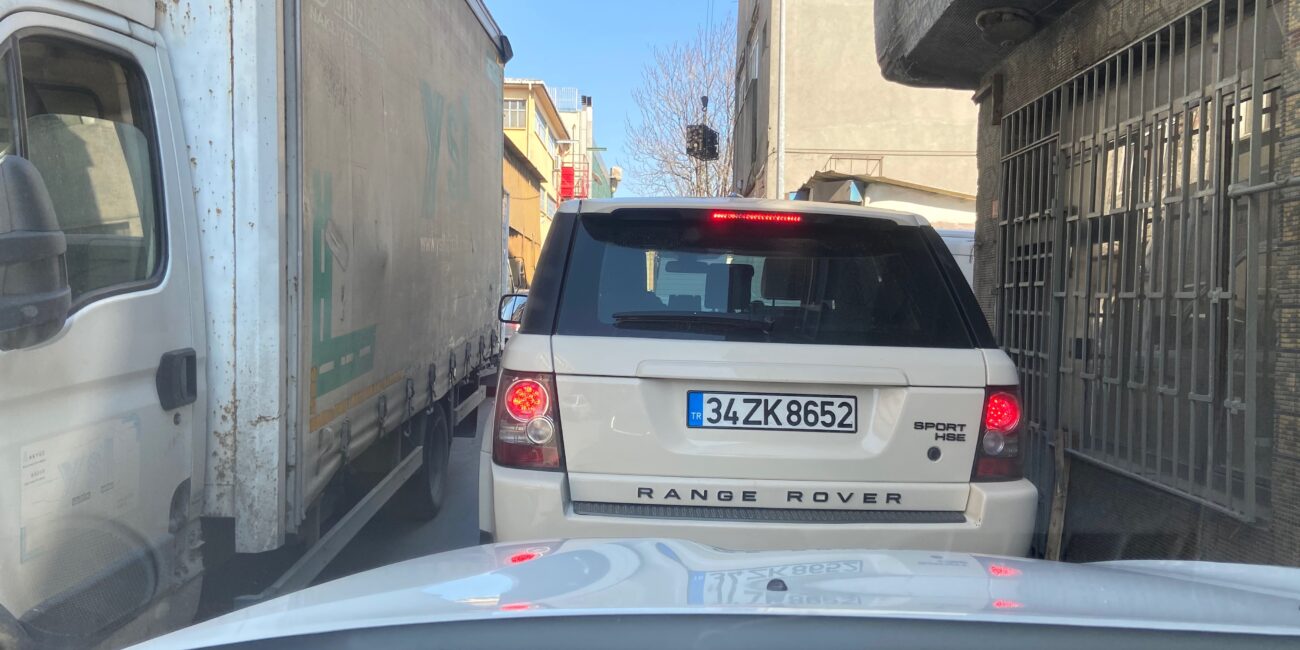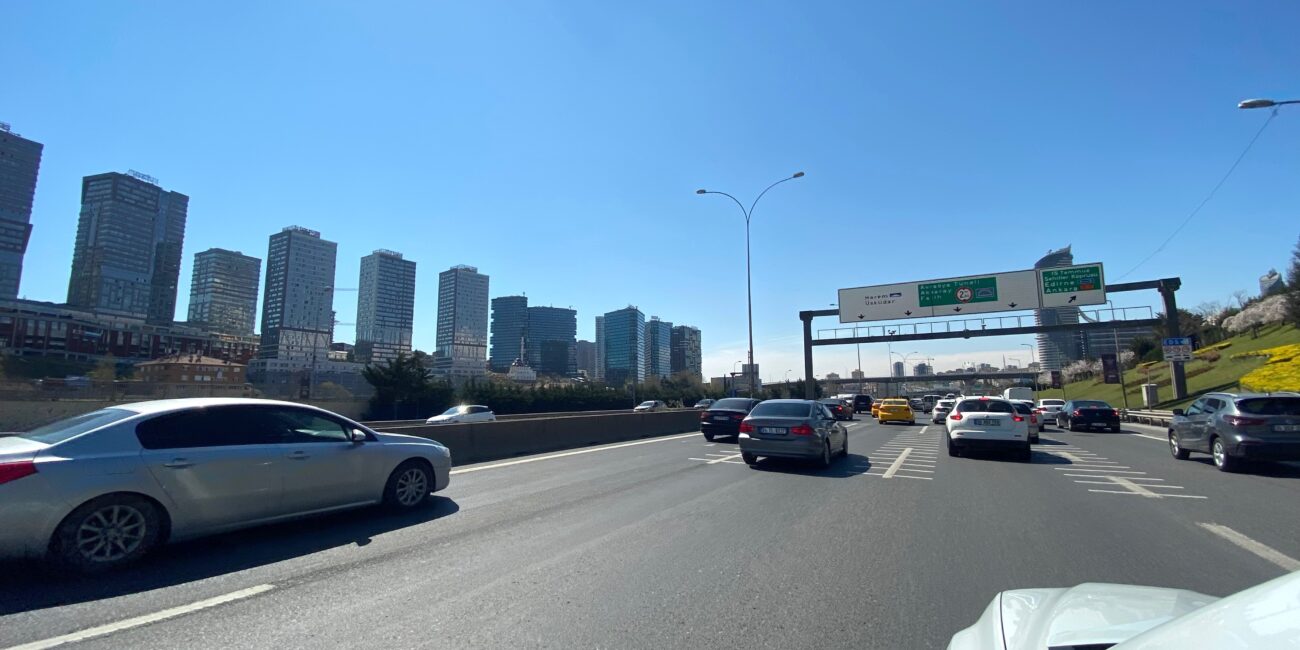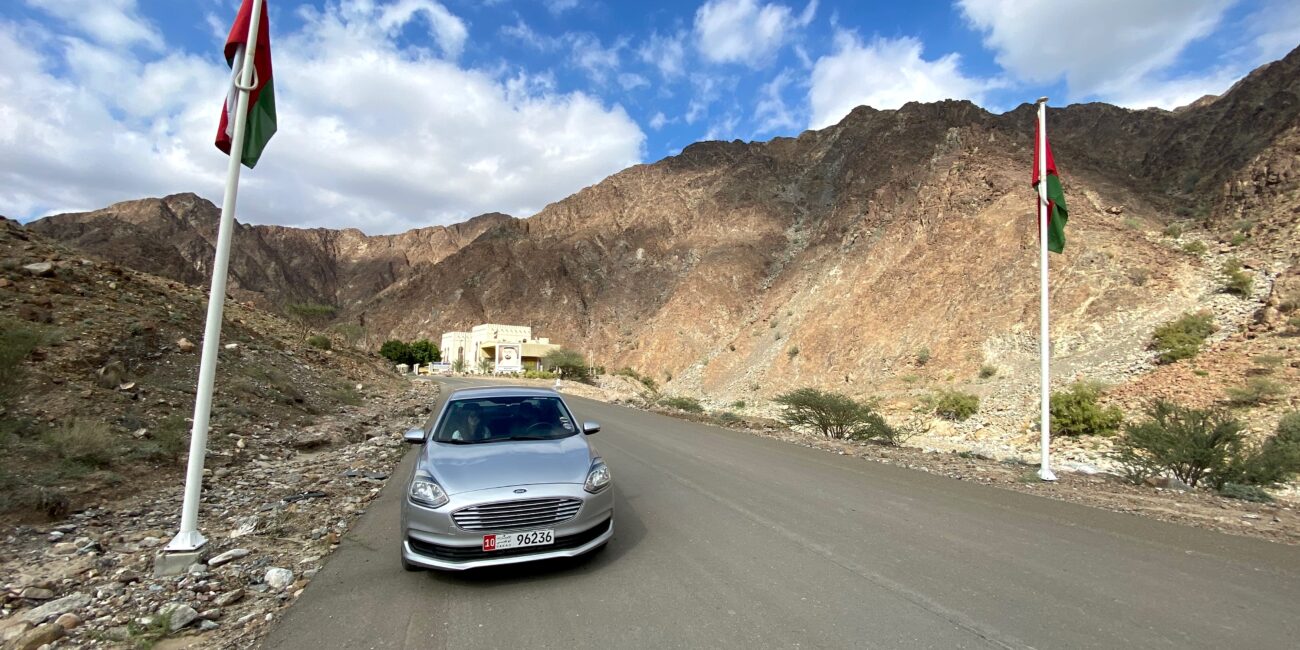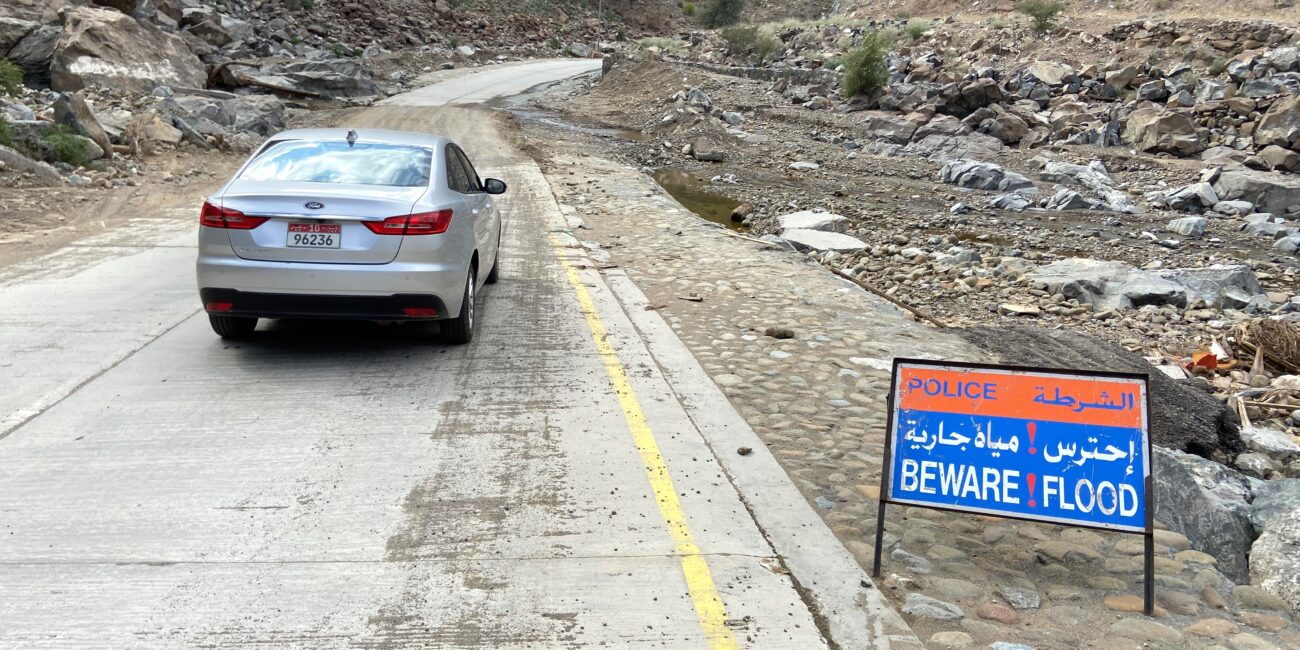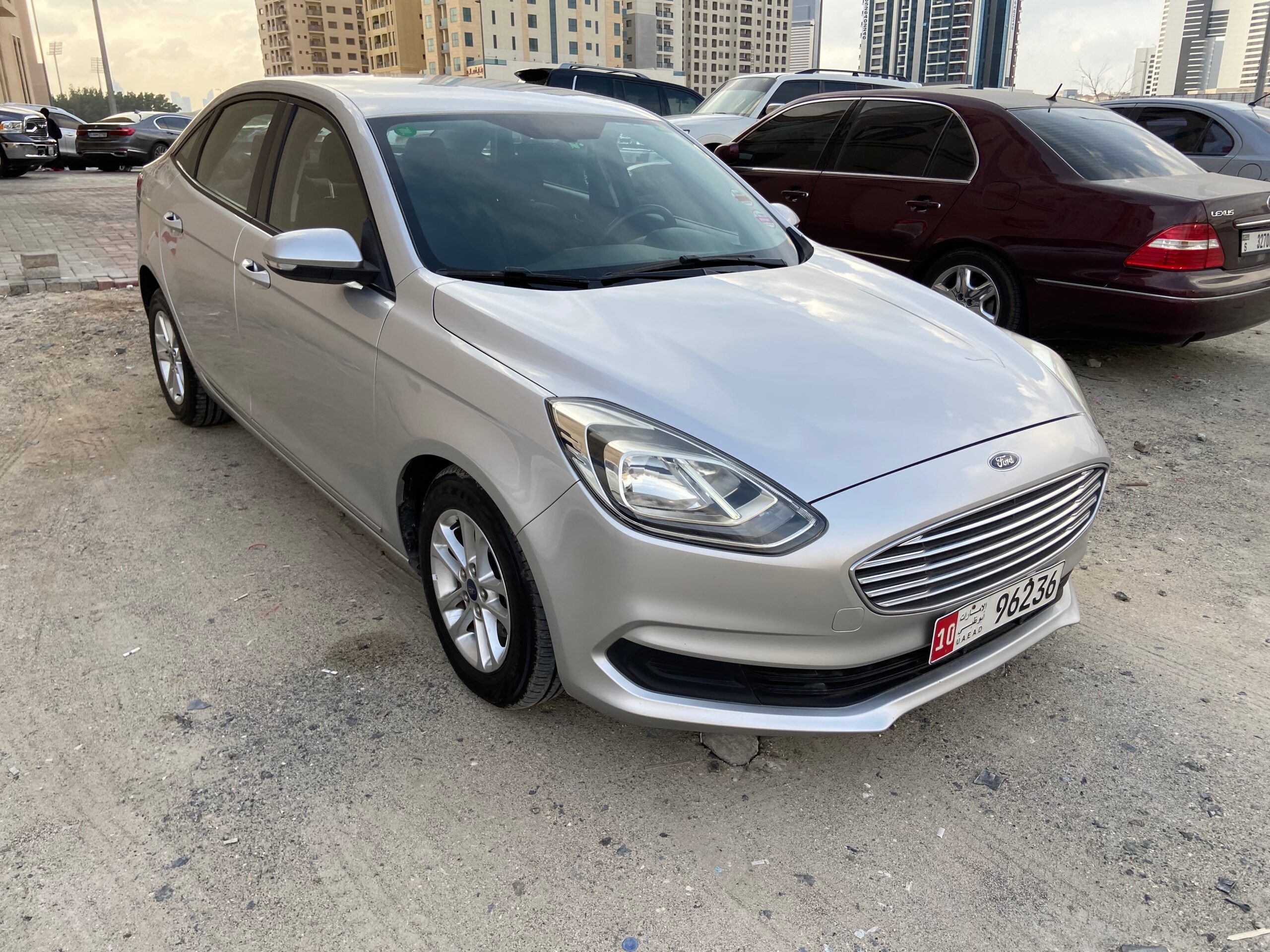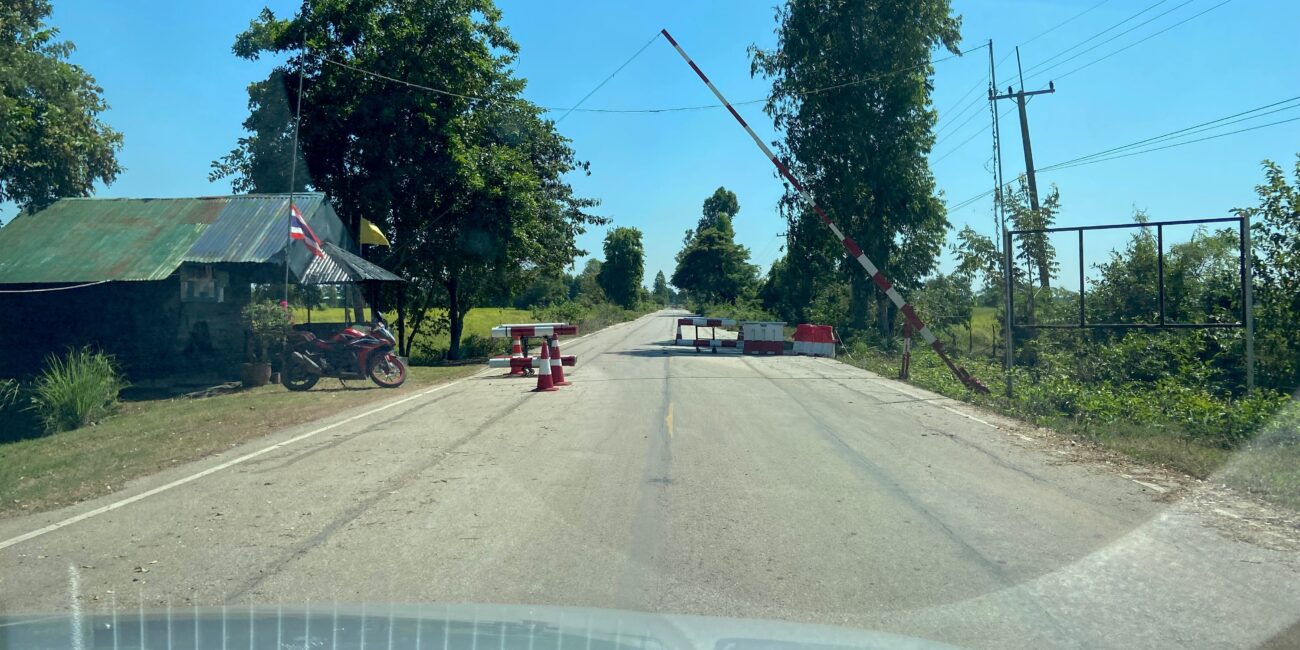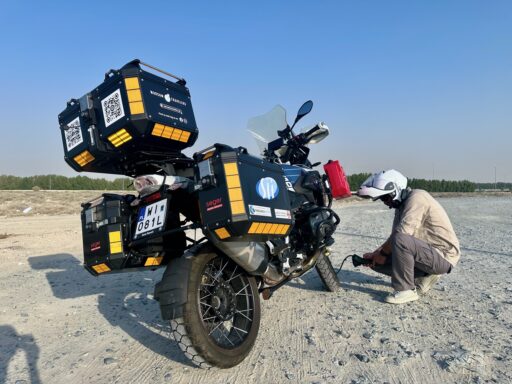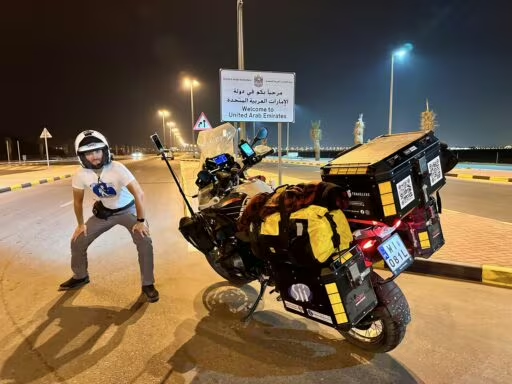This post is also available in:
Polski
Hello! 👋
Renting a car is an excellent solution, especially when mobility is essential in a new place. However, various pitfalls may await renters – from hidden fees and types of insurance to specific rental policies. Without proper preparation, it’s easy to miss crucial details that can cost you. Based on experiences from different countries, we’ve prepared practical tips to help you rent a car stress-free and avoid unpleasant surprises. Check what to pay attention to and enjoy the drive from the very first mile!
What documents do I need to rent a car?
When renting a car, it’s a good idea to prepare some key documents that the rental company may require to finalize the contract. Here’s what’s most often needed:
🪪 Driving license
In most countries, a national driver’s license is sufficient. However, it’s essential to check if the country accepts this document or requires an International Driving Permit (IDP). The Ministry of Foreign Affairs website provides detailed information on traffic rules and required documents in various countries. It’s wise to review these details before making a reservation. In some places, tourists may not have the option to rent a car independently – only driver-inclusive services may be available.
🛂 Identification document
Most often, an ID card or passport is required. In Europe, an ID card is usually sufficient, but outside the European Union, a passport is generally mandatory. Ensuring that your document is valid is crucial to avoid issues when signing the rental agreement. A Walmart discount card won’t cut it!
💳 Credit card
Many rental companies accept only credit cards to secure the deposit. The credit card must be in the renter’s name, and its limit must cover the required funds. It’s important to ensure that the card is valid and has a sufficient limit to avoid issues when picking up the car. Besides securing the deposit, a credit card also protects your personal funds. If the rental company turns out to be dishonest or there’s a data breach, it’s the bank’s funds at risk rather than yours, and recovery procedures can be initiated through the bank.
🧾 Booking confirmation
If the car was booked online, it’s a good idea to carry a booking confirmation, especially in busy places like the airport. A printed or saved confirmation on your phone will help avoid confusion.
Should I buy additional insurance?
The decision to purchase additional insurance when renting a car is a topic worth thinking about…. But you don’t always have to reach for every option offered.
First and foremost, arranging travel insurance is always a smart move. Make sure it covers medical expenses and any potential damages. Before renting a car, check if your insurance includes deposit protection, like CDW (Collision Damage Waiver). This can be especially helpful, as it covers repair costs. With this in place, you can avoid extra expenses and stop worrying about every small scratch.
👉 📃 Check out the insurance calculator on Rankomat. We do not recommend a specific insurer – the choice depends on your needs. However, comparing prices will help you see which option will be most beneficial for you.
It’s essential to match the insurance to the conditions in which you’ll be using the car. If you plan to drive on mountainous, less-traveled roads or in countries with chaotic traffic, extended insurance may be a wise choice. However, in Europe, for a standard trip, basic deposit protection or coverage included in travel insurance is often sufficient.
Be vigilant
On the other hand, rental companies often try to sell extra insurance at the counter – sometimes aggressively and without clear explanations. It’s common for agents to push insurance with a rehearsed script, even if their English isn’t the best. In these cases, check if the services duplicate your existing coverage. If you have questions, ask them without hesitation. Remember, insurance isn’t meant to be a “money-maker”. Its purpose is to cover actual costs from potential losses, offering compensation, not profit.
How to avoid hidden fees and additional costs?
Avoiding hidden fees and extra costs when renting a car starts with… thoroughly reading the contract. It might sound obvious, but many people skip this, trusting someone they’ve just met. Ideally, every rental agreement would be available in your language. But even if it’s in English, 21st-century tools like online translators and AI are at your fingertips. It’s crucial to know exactly what you’re booking and the conditions to avoid surprises – like when a rental requires a credit card, but you mistake it for a “loyalty card from IKEA”. It’s easy to get confused!
Here’s what to look out for:
⛽ Fuel surcharges
Many rental companies add fuel charges if you return the car with an empty tank. The cost can be higher than at a gas station, sometimes as high as Swiss fuel prices. Always ask about refuelling policies: do you need to return the car with a full tank, or is it acceptable to leave it with a low level?
🛣️️ Tolls for gates and highways
Before the contract is signed, it’s essential to check if toll costs are covered directly by you or added later. In Turkey, for example, there’s often “magical bargaining” at toll booths, despite fixed fees. We learned this lesson the hard way once, not verifying the charges – I even had to borrow coins from Jadzia! Requesting a cost summary before the car is returned is a smart move.
🤳 Documentation of the condition of the car
It’s worth noting that thoroughly photographing the car before pickup is a smart move. This can help you avoid extra charges for minor scratches or tiny spots on the paint that some rental companies might consider damage. Unfortunately, not every company is fair, so photos are the best proof of the car’s condition when renting.
What to look for when picking up a car?
When picking up the car, the key is to read the inspection report carefully. Check the car’s condition thoroughly. This isn’t the time to rush through signing, especially if something seems off. For example, if the report says “never in an accident, only driven to church”, but the front bumper is damaged, there’s a clear discrepancy.
What to check when picking up:
👀 Visual condition
Pay close attention to any damage, scratches, dents, or burn marks. If you spot something like cigarette burns, report it immediately. You don’t want to be charged for damage caused by someone else – especially if the last thing you “lit up” was the Christmas tree!
🚗 Equipment set
Check if the car has essential equipment that might come in handy – such as a spare tire, jack, reflective vest, first-aid kit, etc. (Reflective vests and first-aid kits are sometimes required, depending on what each country considers mandatory car equipment). These details may seem minor, but their absence could result in a fine if the rental company interprets it as negligence on your part.
🛠️️ Technical condition
Make sure all essential functions are working properly – from turn signals and wipers to air conditioning. And don’t overlook one often-ignored detail: wheel alignment. Sometimes a car may be listed as “drives straight”, but in reality, it veers left when you’re trying to keep it straight. I’ve been in that situation, and trust me – it’s worth checking!
📸 Photo documentation
It’s a good idea to take photos of every side of the car, the interior, trunk, wheels, and even any minor damage. Photos are the best evidence in case of disputes when returning the vehicle.
Oops… the car has been damaged! What should I do?
Damage to a rental car is a situation that can happen to anyone – you’re not the only person to have it happen to you, so don’t panic! The key is to act quickly and appropriately to help reduce stress and the risk of additional costs.
🧘 Stay calm and assess the situation
If the damage is minor (e.g., a scratch on the body or a small dent), you can contact the rental company directly to determine the next steps. In the case of a more serious accident, safety is the priority – for yourself and others on the road. In most situations, notifying the appropriate authorities will also be necessary.
📞 Contact your rental company
It’s best to call the rental company immediately to report the issue. Many companies have procedures for these situations and will provide instructions on the next steps. They may send roadside assistance or offer a replacement vehicle if the damage prevents you from continuing your trip.
📋 Report the loss to your insurer
If you have insurance that covers the deposit (e.g., CDW or deposit protection in your travel insurance), report the damage to your insurer. In such cases, the insurer—not you—will handle the deposit recovery, covering all associated costs.
📋 Damage report from rental company
This is an absolutely essential document, without which it will be difficult to claim compensation. The rental company should issue a damage report detailing the damage and estimated costs. This report is what your insurer or the rental company will use to verify claims. Remember, a friendly smile won’t be enough – without documentation, compensation is out of the question.
📸 Photo documentation
Take photos of the damage and the entire car. This will provide additional evidence of what condition the car was in after the incident and will help with any misunderstandings about the extent of the damage.
Directly or through an agent?
Choosing between renting directly or through a broker often comes down to cost and convenience. Platforms like EconomyCarRentals offer the advantage of earning points with each booking, which you can later redeem for discounts on future rentals. However, if the rental company’s website offers a better direct price, it’s wise to review what’s included in the deal. When the insurance coverage and terms are similar, going direct may turn out to be the more budget-friendly choice.
Brokers usually charge extra fees that are often hidden in the booking price – though these are typically small amounts that don’t significantly impact the total rental cost. So, sticking with a reliable broker might be the better option, especially if you’ve had good experiences with them. For instance, I’ve used EconomyCarRentals for four years, and before that, I booked with RentalCars in the U.S. – though they were pricier stateside, they turned out to be cheaper in Turkey.
In the end, it is worth comparing and reading exactly what we are booking. In any case, it’s best to check the prices and scope yourself to make sure the booking meets our expectations.
Credit card or debit card?
Choosing a payment method for car rentals depends on security, convenience, and the rental company’s policies. Each option offers different benefits and protections.
We mostly use a credit card abroad – not for interest rates or even insurance, which is often average, but for security. Paying with a credit card keeps our own funds available, which is crucial, especially since I travel with Jadzia, and we settle costs together later. For the deposit, we use a bank card, but for the rental payment itself, I transfer funds to Revolut or Curve through the credit card. This avoids currency conversion fees and excessive holds on my account.
A credit card provides extra peace of mind when a rental company places a large deposit hold – $1,000 or more. If funds don’t release automatically, I can always dispute it with the bank. In countries where credit cards are preferred, many rentals require them specifically, which is why “credit card” is more common than “debit card” in English. In Europe, some rentals accept debit cards or cash deposits, but this can lead to issues. An unjustified hold or a dispute over returning funds leaves you with limited protection, and resolving it can be frustrating.
I don’t want to drive anymore…. Can I return the car earlier?
Returning a car early is usually not an issue, as few rental companies will insist that you keep it until the reservation ends. However, costs can vary and depend on the company and type of booking.
- Smaller rental companies may offer a partial refund if you return the car a few days early. However, don’t expect a refund for just a few hours; early returns like that are usually considered a “personal loss”.
- Large rentals – corporate companies, especially those operating at airports or popular tourist spots, rarely offer refunds for early car returns. For them, it adds extra hassle with accounting, and they typically stick to the original rental amount, regardless of whether you return the car early.
- Don’t be late with the return – this is something to be particularly careful about. Even a few minutes’ delay can result in an additional day’s charge. If you see that you might be held up by traffic, an accident, or other unforeseen situations, contact the rental company and report the issue. This way, you have a record that you made an effort to meet the return time and didn’t ignore the deadline.
Where is the best place to rent a car – airport or city?
Choosing a rental location – airport or city – depends on price, convenience, and the area. In Dubai, for example, airport rentals are often cheaper than city options. Taking the metro to the airport is a minor expense, and you’ll likely return there for your flight.
- Additional airport rental costs – Rental companies may add an “airport fee,” but even with it, the total cost often remains lower than renting in the city. If the difference is only a few dollars, small savings may not be worth the hassle.
- City rentals – Can be a good option, especially if you’re staying in one place and reaching the airport is inconvenient. However, always compare prices—city rates may seem appealing, but airport rentals can sometimes be cheaper, especially for longer trips.
Fees for kilometers traveled
Mileage fees are crucial to remember, especially if you plan on driving a lot in a rental car. In some countries, like Saudi Arabia or Egypt, daily mileage limits often apply. In other places, like Thailand, there may be no such limits. The key – like a mantra – is to read the booking terms carefully, so you know exactly what you’re agreeing to.
Usually, if you’re renting a car for an extended period, the mileage limit is totaled for the entire rental duration. So, if you have 200 km per day and rent for a week, you get 1,400 km to use. If you exceed this limit, the rental company may charge for each additional kilometer, so it’s worth knowing the rate. You should be informed of this before renting, during the booking process. If the company didn’t mention a mileage limit, that’s their issue, not yours.
Going outside the country
This generally requires prior checking and the right permissions. In Europe, you can often start a rental in Poland and drop off the car in, say, Greece. However, this isn’t the case everywhere.
In countries with closed borders, crossing without permission can cause serious issues. If your booking doesn’t include cross-border travel, travel insurance won’t cover damages, and the deposit becomes void. This leaves you fully responsible for any costs. If an accident or breakdown occurs outside permitted borders, the rental company may view it as a contract violation and refuse to assist.
The GCC countries (Gulf Cooperation Council, including Saudi Arabia, Bahrain, the UAE, Kuwait, Oman, and Qatar) have specific regulations for cross-border travel. For instance, if you rent a car in Saudi Arabia and plan to drive to Bahrain, you’ll need to buy extra insurance at the border, similar to Bahrain’s liability coverage. Cross-border trips often come with an additional fee, which varies based on the rental company and the countries you plan to visit.
Specific cases, such as enclaves, require extra attention. In Dubai, for example, Oman’s enclave is treated as a separate country, even though there’s no physical border. If the rental company prohibits entry to this enclave, then you simply don’t have permission—no exceptions. The enclave is sovereign and considered separate territory, even without a visible border.
From a traveler’s life
📌 Be sure to read our article on delayed flight compensation ✈️ – there you will find practical advice on how to successfully claim your rights.
📌 What about in case of damaged luggage? Carriers are required to cover the damage, but be sure to report the problem immediately when you pick up your luggage and document the damage.
📌 If your flight was delayed or canceled, or perhaps you were affected by an airline strike, it’s worth checking to see if you’re entitled to compensation. Use AirHelp or AirCashBack to quickly and easily verify if you are entitled to compensation. Both platforms will help you through the process of claiming compensation – you don’t have to worry about the formalities, and getting your money back may be easier than you think!
📌 The airline sent your luggage to Cambodia instead of New York? Find out how to claim reimbursement for essential purchases and learn about your rights in case of delayed or lost luggage.

